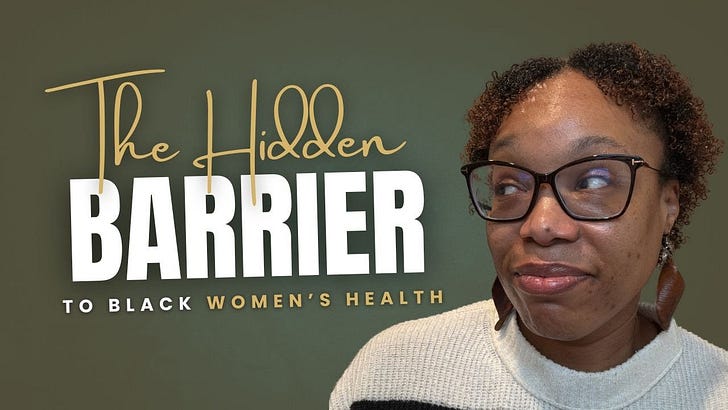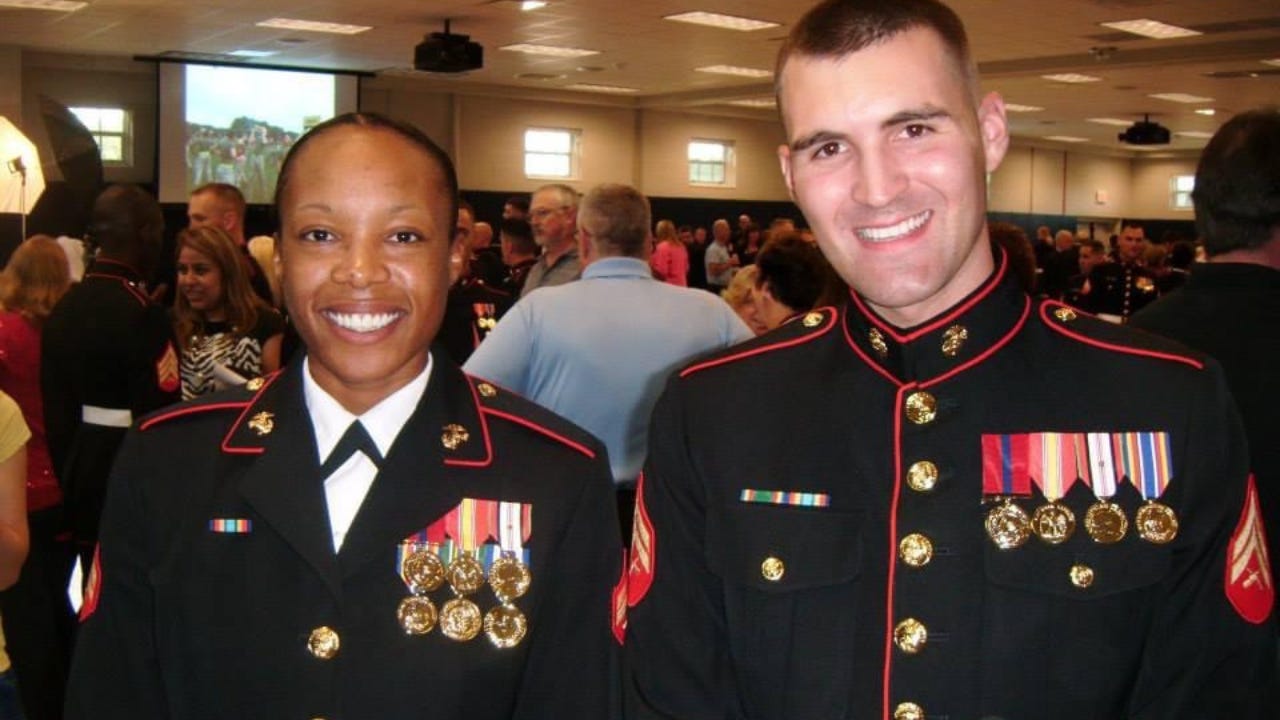Why unconscious bias could delay diagnosis
What my doctor got wrong—and the impact it had on my health.
“I thought you weren’t following instructions, but I was wrong.”
I didn’t expect to hear those words from my doctor at 1 p.m. on a Tuesday. Even though they seemed simple (maybe a little rude), I credit those words with changing the entire trajectory of my healthcare journey.
Because of that phone call, I was finally referred to an ophthalmologist and eventually a rheumatologist who would diagnose me with rheumatoid arthritis (RA) and Sjögren’s syndrome in December 2019. Just three months before the world would shut down because of the COVID-19 pandemic.
However, this path to a diagnosis didn’t start on that phone call. Instead, that diagnosis was a part of a frustrating seven-year struggle that began back when I served in the U.S. Marine Corps (USMC) in 2012.
In 2012, I was a Corporal in the USMC looking to begin embassy duty. Still, I needed to pass a physical examination to start my first embassy assignment in Lagos, Nigeria. I’d been in the USMC for three years and had a perfect score on our Physical Fitness Test, so passing a physical examination felt like an easy check in the box.
Well, to my surprise, it wasn’t.
I still remember when the doctor walked into the room to deliver the news that I would, in fact, NOT be going to Lago, Nigeria. Instead, I was on “medical hold” because they had discovered SSA and SSB antibodies, which meant I had an autoimmune condition. The problem was that they didn’t know what, and until they knew that I would be clear about deploying again (I’d already deployed to Afghanistan at that point), I wasn’t going anywhere.
For nearly four months, I sat on base in Quantico, Virginia, waiting to get cleared for embassy duty, which I eventually was. I can’t say it was because I was “healthier” as much as the “needs of the Corps” required “a body,” and without an actual autoimmune diagnosis, there was no reason to keep me in Quantico any longer.
While I was glad at the time to be free from Quantico, I didn’t realize this would be the beginning of being dismissed, my symptoms being downplayed, and my autoimmune diseases being ignored. I would spend the next seven years slowly developing one autoimmune symptom after another, thinking that what I was dealing with was normal.
Or, in the misguided season of my life, I thought if I ate better and exercised more, my symptoms would disappear.
The truth finally came to light at the end of 2019 when my doctor stopped assuming I wasn’t following instructions and ordered the necessary diagnostic tests. That moment, though painful, is what led me to the autoimmune community—and I began to realize that my story is far too common for Black women.
According to a study led by Stanford Medicine, over 24 million Americans live with an autoimmune disease, and 4 out of 5 of those individuals are women. What’s more alarming is that certain autoimmune diseases disproportionately affect women—and Black women, in particular, face additional challenges. Studies have shown that race, ethnicity, and socioeconomic factors can delay diagnosis, worsen disease outcomes, and even increase mortality rates.
But there’s an even bigger issue: unconscious bias in healthcare.
It took my doctor becoming aware of his own biases for my diagnosis to happen. My story could have been very different if he had not questioned his assumptions and pushed for further testing. Unfortunately, this isn’t always the case—many healthcare providers lack the tools to identify and address their biases, which can lead to years of unnecessary suffering for patients.
Unconscious bias is real, and it has real consequences on health outcomes—especially for Black women.
Healthcare providers often lack the training and resources to challenge these biases, exacerbating our systemic inequities. We’ve seen the damaging effects, especially when Diversity, Equity, and Inclusion efforts are under attack at the policy level.
That’s why we must remember:
The journey to proper care can be delayed due to unconscious bias, especially for Black women.
These delays are not isolated incidents but part of a larger pattern within healthcare systems.
Training and awareness around implicit bias can make all the difference in a patient's experience and outcome.
If you're a healthcare provider or want to better understand how bias affects Black women’s health, my next masterclass on How to Enhance Black Women’s Health in a Shifting Healthcare Landscape will be in a few weeks. The timing (and title) of this masterclass are very intentional.
It’s not lost on me that our work at the EBWH Community has become increasingly relevant, given massive HHS layoffs and the termination of medical research grants. My friends, colleagues, and I are facing harsh realities as we navigate what healthcare will look like under Secretary Kennedy.
Despite the real obstacles that lie ahead, our patients and clients are deepening their trust in us to do what is right. Contrary to popular opinion, we can address bias and deliver compassionate, inclusive care in today's evolving healthcare environment.
We just need to be more creative about doing that. We’ll dive right into that in the masterclass in a few weeks.
Enrollment will open soon, so be sure to subscribe to hear more!
We got this,
Tomesha
P.S. We’re growing as a community, which I love! Your support is why I keep writing; the more aware we are, the more intentional action we can take. If you want another way to support my writing, you can always Buy Me a Coffee.





